America’s leadership in the world, through smart and effective investments in development and diplomacy, advances our interests at home and abroad.

America’s leadership in the world, through smart and effective investments in development and diplomacy, advances our interests at home and abroad.



“Increasing our development resources is absolutely critical and money well spent to deal with the dangers and seize the opportunities.”
“Greater engagement through diplomacy and development is not an option in today’s world; it is a necessity.”
“If you don’t fund the State Department fully, then I need to buy more ammunition.”
“The investments we make today in the developing world will help create the jobs of tomorrow here in America.”
“Economic development is a lot cheaper than sending soldiers.”
“With our security and our economy tied to what happens overseas, we can’t afford to take chances.”
“International development is a vital investment in the free, prosperous, and peaceful international order that fundamentally serves our interests.”
“Inadequate resourcing of our civilian partners could, in fact, jeopardize accomplishment of the overall mission.”
PENNSYLVANIA
State Advisory Committee Co-Chair
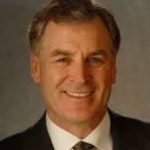
Hon. Mark S. Schweiker
Governor (2001-2003)
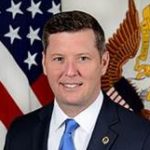
Hon. Patrick J. Murphy
U.S. Under Secretary of the Army (2016-2017) and U.S. House of Representatives (D-PA) (2007-2011)
GEORGIA
State Advisory Committee Co-Chairs
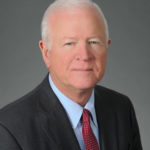
Hon. Saxby Chambliss
U.S. Senate (2003-2015) and U.S. House of Representatives (1995-2003)
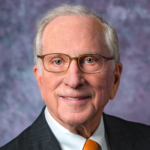
Hon. Sam Nunn
U.S. Senate (1972-1997)
NORTH CAROLINA
State Advisory Committee Co-Chairs
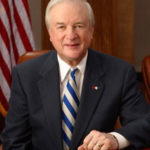
Hon. Jim Hunt
Governor (1977-1985, 1993-2001)
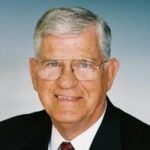
Hon. Jim Martin
Governor (1985-1993)
SOUTH CAROLINA
State Advisory Committee Co-Chairs
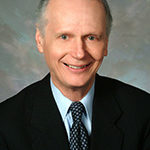
Hon. Richard W. Riley
Governor (1979-1987) and U.S. Secretary of Education (1993-2001)
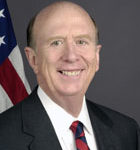
Hon. David H. Wilkins
U.S. Ambassador to Canada (2005-2008) and Speaker of the S.C. House of Representatives (1994-2005)
ALABAMA
State Advisory Committee Co-Chairs
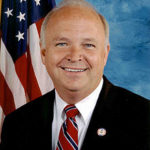
Hon. Josiah “Jo” Bonner, Jr.
U.S. House of Representatives (2003-2013)

Hon. Jim Folsom, Jr.
Governor (1993-1995) and Lt. Governor (1987-1993, 2007-2011)
TENNESSEE
State Advisory Committee Co-Chairs
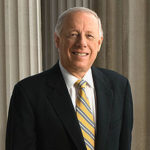
Hon. Philip N. Bredesen Jr.
Governor (2003-2011)
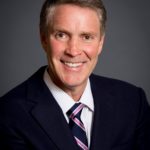
Hon. William “Bill” H. Frist
U.S. Senate (1995-2007) and Majority Leader (2003-2007)
OHIO
State Advisory Committee Co-Chairs
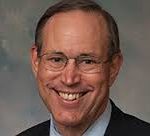
Hon. Bob Taft
Governor (1999-2007)
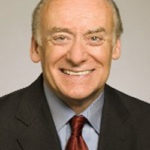
Hon. Lee Fisher
Lt. Governor (2007-2011)
INDIANA
State Advisory Committee Co-Chairs
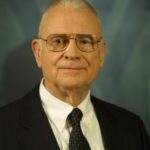
Hon. Lee Hamilton
U.S. House of Representatives (1965-1999)
IOWA
State Advisory Committee Co-Chairs
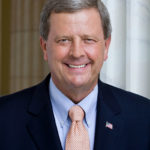
Hon. Tom Latham
U.S. House of Representatives (1995-2015)
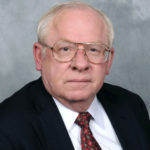
Bob Myers
Chairman & CEO of Casey’s General Stores, Inc.
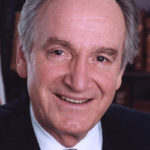
Hon. Tom Harkin
U.S. Senate (1985 - 2015)
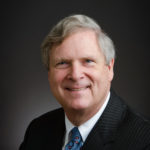
Hon. Tom Vilsack
United States Secretary of Agriculture (2009–2017), Governor (1999–2007)
MINNESOTA
State Advisory Committee Co-Chairs
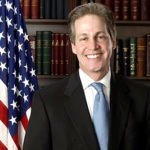
Hon. Norm Coleman
U.S. Senate (2003-2009) and USGLC Board Member

Beth Ford
President & CEO of Land O’Lakes, Inc. and USGLC Board Member
NORTH DAKOTA
State Advisory Committee Co-Chairs

Hon. Earl Pomeroy
U.S. House of Representatives (1993-2011)
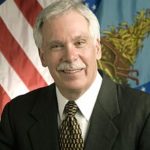
Secretary Ed Schafer
U.S. Department of Agriculture (2008-2009) and Governor (1992-2000)
NEBRASKA
State Advisory Committee Co-Chairs
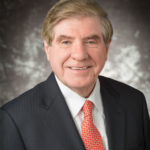
Hon. Ben Nelson
U.S. Senate (2001-2013) and Governor (1991-1999)

Hon. Douglas Bereuter
U.S. House of Representatives (1979 – 2004)
KANSAS
State Advisory Committee Co-Chairs
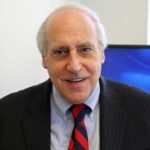
Dan Glickman
U.S. Secretary of Agriculture (1995 – 2001); U.S. Representative (1977 – 1995)
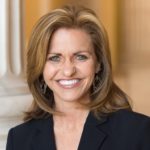
Lynn Jenkins
U.S. Representative (2009 – 2019)
MISSOURI
State Advisory Committee Co-Chairs
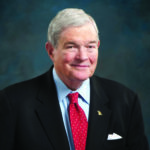
Kit Bond
U.S. Senate (1987-2011); Governor (1981-1985, 1973-1977)
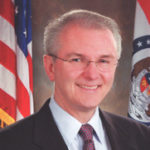
Bob Holden
Governor (2001-2005)
COLORADO
State Advisory Committee Co-Chairs
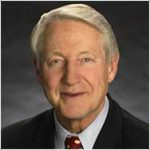
Hon. Hank Brown
U.S. Senate (1991-1997)
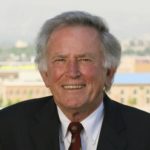
Hon. Gary Hart
U.S. Senate (1974-1986)
UTAH
State Advisory Committee Co-Chairs
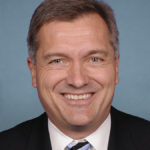
Hon. Jim Matheson
U.S. House of Representatives (2001-2015)
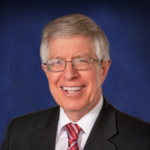
Lew Cramer
President & CEO of Colliers International - Utah and former Assistant Secretary of Commerce for International Trade
NEVADA
State Advisory Committee Co-Chairs
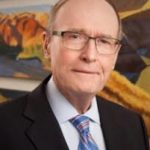
Hon. Richard Bryan
U.S. Senate (1989-2001) and Governor (1983-1989)
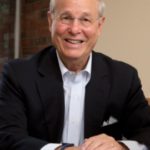
Frank Fahrenkopf
Former President & CEO of the American Gaming Association, Co-Chairman of the Commission on Presidential Debates, and Chairman of the Republican National Committee (1983-1989)

Hon. Brian Sandoval
University of Nevada, Reno President and Governor (2011-2019)
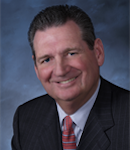
Hon. Robert Miller
Governor (1989-1999) and Lt. Governor (1987-1989)
WASHINGTON
State Advisory Committee Co-Chairs
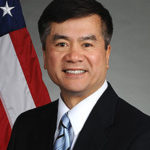
Hon. Gary Locke
U.S. Ambassador to China (2011-2014), U.S. Secretary of Commerce (2009-2011), and Governor (1997-2005)

Hon. Dan Evans
U.S. Senate (1983-1989) and Governor (1965-1977)
MICHIGAN
State Advisory Committee Co-Chairs
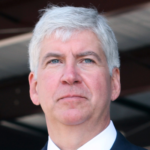
Rick Snyder
Governor of Michigan (2011-2019)
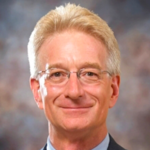
Hendrik “Hank” G. Meijer
Meijer Inc. Executive Chairman
FLORIDA
State Advisory Committee Co-Chairs
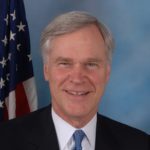
Ander Crenshaw
U.S. House of Representatives (2001-2017)
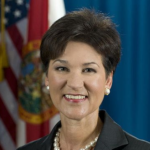
Alex Sink
CFO of the State of Florida (2007-2011)
OKLAHOMA
State Advisory Committee Co-Chairs
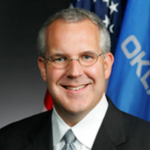
Brad Henry
Governor of Oklahoma (2003-2011)
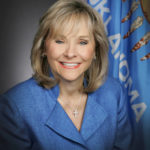
Mary Fallin-Christensen
Governor of Oklahoma (2011-2019)
DELAWARE
State Advisory Committee Co-Chairs
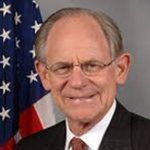
Hon. Michael Castle
Governor of Delaware (1985–1992) and U.S. House of Representatives (1993-2011)
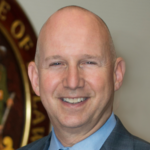
Hon. Jack Markell
Governor of Delaware (2009-2017)